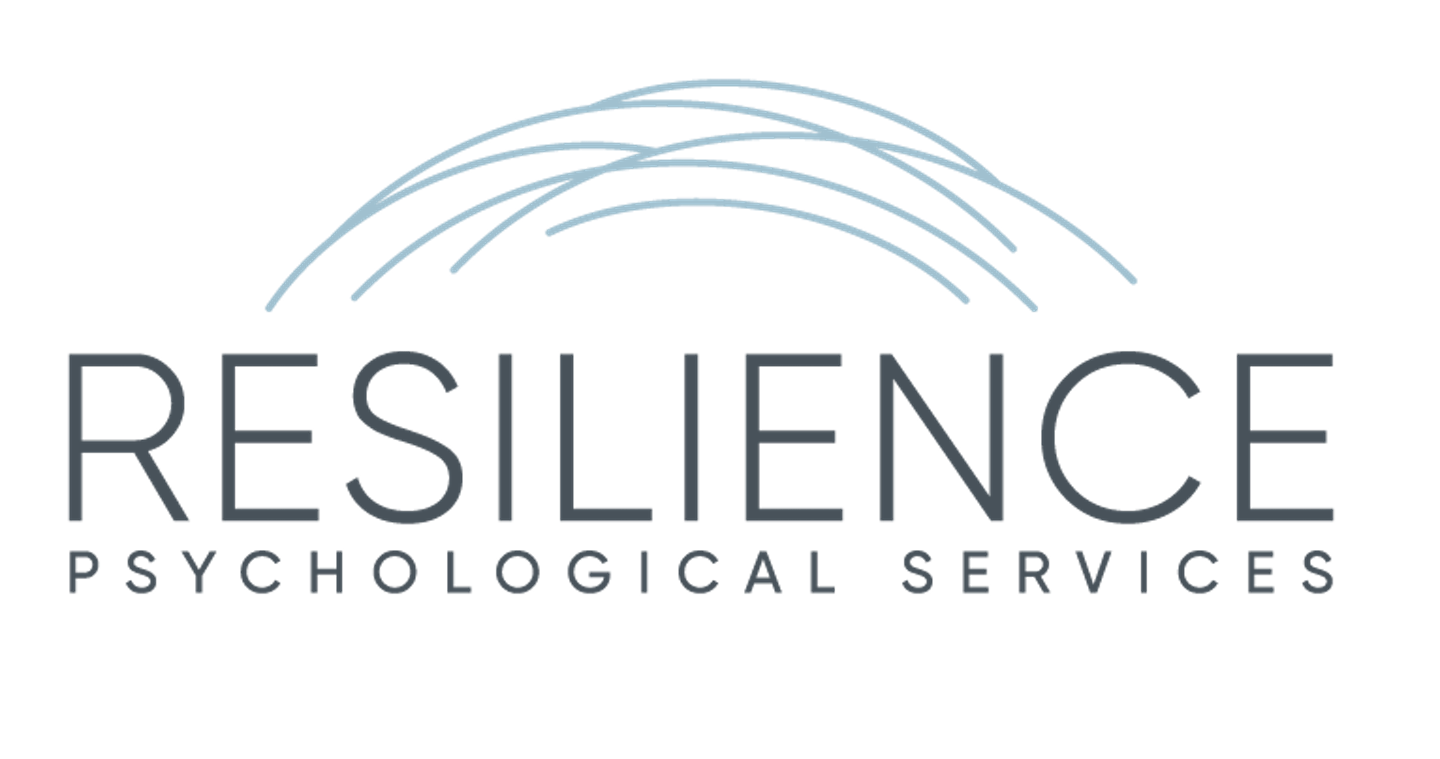WHAT IS religious Trauma?
Religious trauma refers to the emotional, psychological, and sometimes physical harm experienced from toxic or abusive religious environments, beliefs, or practices. This trauma may stem from strict doctrine, shaming, rejection, and even physical or sexual abuse that occurred within a religious context. Religious trauma can profoundly affect self-worth, identity, relationships, and an individual’s overall sense of safety and meaning.
People who have experienced religious trauma often struggle with feelings of guilt, fear, shame, or a lingering sense that they are unworthy. Some may feel disconnected from themselves, their values, and even the world around them. Recognizing and addressing religious trauma can be a powerful step toward reclaiming your sense of identity and creating an authentic life grounded in your own values.
HOW WE CAN HELP
At Resilience, we provide a safe, compassionate space where you can process religious trauma, free from judgment or expectation. We understand that healing from these experiences requires sensitivity and patience, and we’re here to support you every step of the way. In our sessions, we will work together to:
Explore the Impact: Unpack the influence of past beliefs on your self-worth, relationships, and worldview.
Reclaim Your Identity: Help you reconnect with your authentic self, rediscover your values, and rebuild your sense of identity.
Develop Self-Compassion: Address feelings of shame or unworthiness by fostering kindness and acceptance toward yourself.
Build New Perspectives: Explore beliefs that align with your true values, creating a supportive framework for your growth and well-being.
Questions to Consider
As you reflect on your experiences with religious trauma, you might ask yourself:
Do I struggle with shame, guilt, or fear related to past religious teachings?
Have I lost a sense of my personal values or identity?
Do I feel safe expressing my beliefs, or do I hide them to avoid judgment?
How has religious trauma affected my relationships with others?
Common experiences
Self-Doubt and Shame: Many who experience religious trauma struggle with pervasive feelings of guilt or shame, leading to difficulties in trusting their own judgments and self-worth.
Anxiety and Fear: The belief in punishment, eternal consequences, or rejection can create long-lasting fears and heightened anxiety, even in everyday situations.
Loss of Identity: Trauma in a religious context can create confusion about personal beliefs, desires, and sense of self, especially for those who grew up in restrictive religious environments.
Relationship Struggles: Feeling alienated or judged by family and friends who still adhere to specific beliefs may make it difficult to form close, trusting relationships.
Recovering from religious trauma can be a complex and personal journey, but you don’t have to face it alone. Our therapists are here to support you as you process your past and create a life centered around your unique values and identity. Contact us for a free consultation to begin your path toward healing and freedom.


